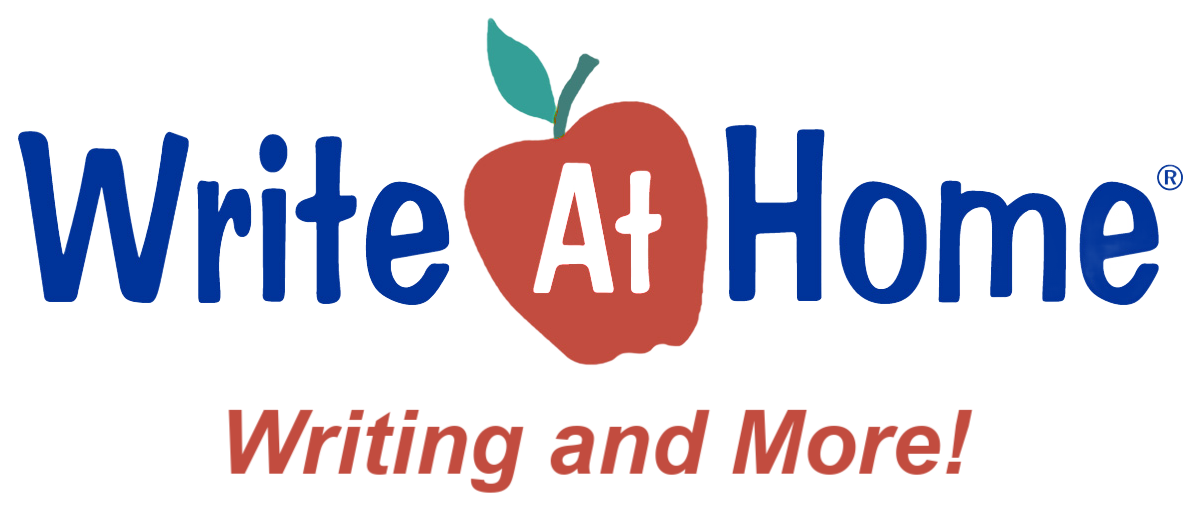INTRODUCING THE SENTENCE
Have you ever played with Legos® — those tiny plastic blocks you can snap together to build buildings, trucks, and rocket ships? Did you know that there are Lego® artists who use nothing but Legos® to create enormous replicas of famous structures like the Empire State Building and the Statue of Liberty? Maybe you’ve made a Lego® castle or robot, but I bet you haven’t made a fifteen-foot tall copy of a national landmark! It’s hard to imagine how much time, talent, and hard work must go into something like that. Where would you start?
Lego® artists certainly do lots of detailed planning, but when you get down to it, they build a Statue of Liberty the same way you and I build a house or a bus — one block at a time.
That’s the way we write too. Have you ever looked at a three or four-hundred page book and wondered how on earth anybody could write something that long? The answer is the same — one building block at a time.
Sentences are the building blocks of writing. They are the little pieces that connect to one another to form the report, the story, or the book you are writing.
WHAT IS A SENTENCE?
Here’s a definition for you to remember:
A sentence is a group of words that expresses a complete thought.
There are five characteristics of all complete sentences:
A sentence always begins with a capital letter.
A sentence always ends with a period (.), a question mark (?), or an exclamation point (!). We call these end marks.
A sentence always contains a subject.
A sentence always contains a predicate.
A sentence always expresses a complete thought.
STARTING WITH A CAPITAL AND ENDING WITH PUNCTUATION
Try reading this passage aloud:
I like to play football in 1988 I was named captain of my high school team in my town that was a big deal people would yell good luck and who you going to whip this week and other encouraging remarks as I walked down Main Street until the day we lost to our cross-town rivals the Eagles people were pretty quiet after that
Was it difficult to understand? With a little work, you could probably make out the story, but you can see how confusing things get when you don’t start sentences with capitals and end them with proper punctuation.
Starting your sentences with a capital letter tells your reader that a new idea is about to begin. Before you submit any assignments to WriteAtHome, look over your paper and be sure that all your sentences begin with capitals.
End punctuation is important for a related reason — it tells your reader that a complete idea has just ended. Become familiar with the three types of end marks:
Most of the time, you will end your sentences with a period (.). A period goes at the end of sentences that state facts and express ideas.
Sometimes sentences ask a question — a request for information or an opinion. The question mark (?) lets your reader know that a question is being asked.
An exclamation point (!) is used with a sentence that expresses strong emotion. A cry or a shout would be indicated by an exclamation point. Be careful with these. Young writers tend to over-use exclamation points. Only use them when they are really necessary. They should be rare.
SUBJECTS AND PREDICATES
Every sentence has a subject and a predicate. The subject is what the sentence is about, and the predicate is what is being said about the subject.
The hammer was covered with rust.
This sentence is about the hammer; so, hammer is the simple subject of the sentence.
What’s being said about the hammer? It was covered with rust. That means was covered with rust is the predicate of the sentence.
Every subject must include at least one noun or pronoun — words that name things or replace names. The predicate always includes a verb — a word that shows action or state of being.
A COMPLETE THOUGHT
It’s possible for a group of words to start with a capital letter, end with a period, have a subject and a predicate, and yet still not be a complete sentence. Here are two examples:
When the taxi arrives.
Because Edith makes good pot roast.
These are not sentences because they do not express complete thoughts. Something seems to be missing. When the taxi arrives…what? Because Edith makes good pot roast…what? To make these word groups sentences, you need to finish the thought:
When the taxi arrives, tell Aunt Agnes.
Because Edith makes good pot roast, I eat there every Tuesday.
Every sentence you write should start with a capital letter, end with proper punctuation, contain a subject and a predicate, and express a complete thought. Do all of your sentences pass this five-elements test?

